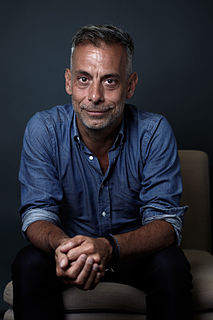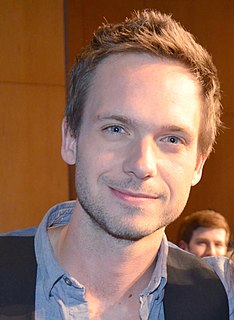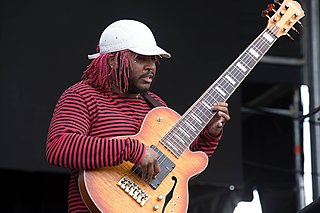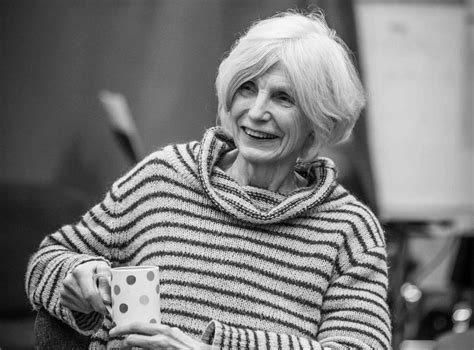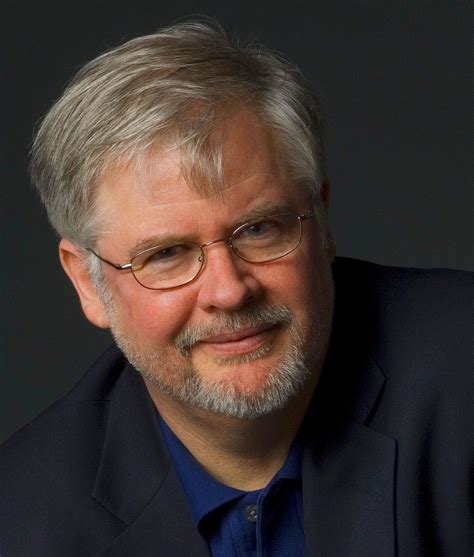A Quote by David Hare
I fell into writing plays by accident. But the reason I write plays is that it's the only thing I'm any good at.
Related Quotes
I was 22 and stopped writing plays, and I didn't start again until I was 25. I was writing badly. In college, I attempted to write these more conventional plays, but the theater I loved was downtown experimental theater. I didn't feel like I could do that either. It didn't occur to me to do my own thing.
There's nothing personal in it [THE SKRIKER]. I'm not ever inclined with any of the plays to say, This is about that, because plays are about the whole event that they are. . . . I was certainly wanting to write a play about damage - damage to nature and damage to people, both of which there's plenty of about. To that extent, I was writing a play about England now.
My '60s plays were as good as most of the other plays I've written ... except I wasn't in a condition to refine them, to help in the rehearsal, or do anything. I was hardly conscious of what was going on except during the hours of the day when I was actually writing ... and that was with the aid of speed.




